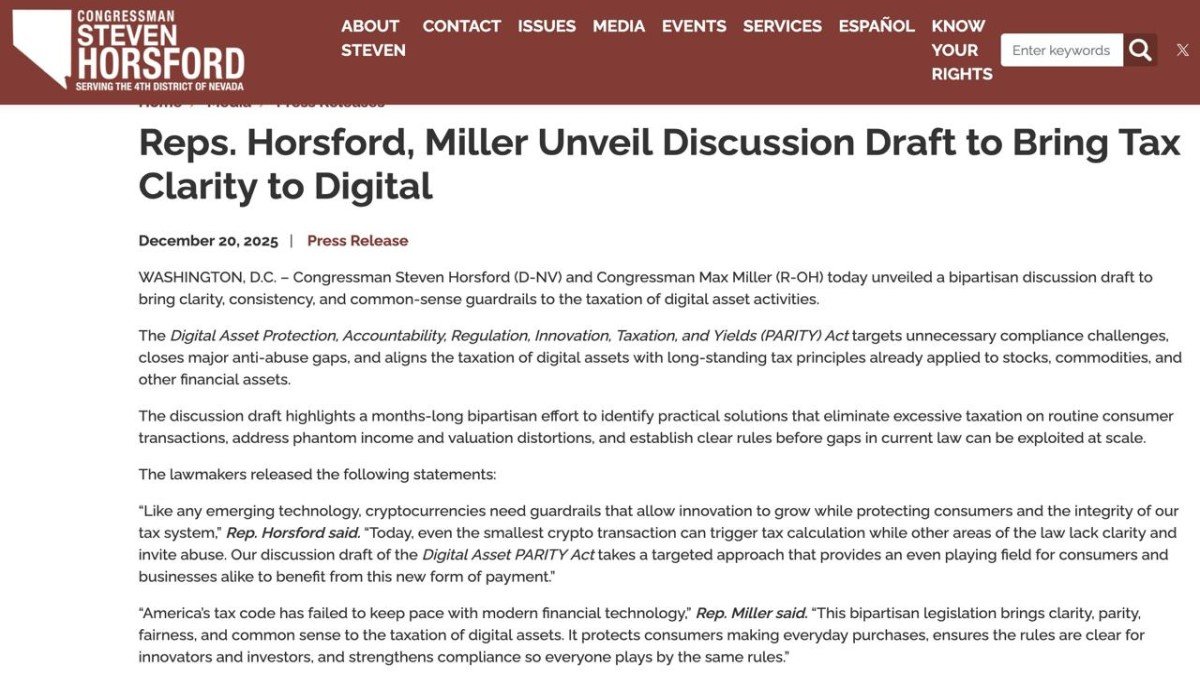Top Crypto Insurance Providers Compared
The crypto industry has grown into a multitrillion-dollar market, yet one of its weakest points remains risk management. Insurance providers are racing to fill this gap, offering investors and institutions protection against security incidents, illegal deception, and operational risks. While the sector is young, several players stand out for their innovative models and evolving product lines. Comparing these providers helps investors choose the right coverage for their needs.
Traditional vs. Decentralized Models
Crypto insurance providers fall broadly into two categories: traditional underwriters extending services to digital assets, and decentralized projects leveraging blockchain to manage risk collectively. Both bring advantages and trade-offs in terms of capacity, transparency, and claims processing.
Key Providers
Nexus Mutual
Nexus Mutual is a decentralized, member-owned insurer specializing in DeFi coverage. Its mutual model allows participants to pool funds and vote on claims, creating transparency but also limiting scalability due to reliance on community governance.
InsurAce
InsurAce offers multi-chain DeFi coverage with a focus on scalability. It provides protection against smart contract security vulnerabilities, stablecoin depegging, and exchange security incidents. Its decentralized structure allows global participation, though liquidity constraints remain a challenge.
Coincover
Coincover focuses on custodial and wallet protection. Backed by Lloyd’s of London, it offers institutional-grade insurance against theft and key loss. Its emphasis on regulatory compliance makes it attractive to banks and fintech firms entering crypto.
Evertas
Evertas is one of the few insurers licensed specifically for crypto. It offers coverage for exchanges, custodians, and funds. Evertas works closely with regulators, which positions it well for institutional adoption, though its capacity is limited compared to traditional insurers.
Evaluation Criteria
Coverage Scope
Some providers focus on institutional clients, while others specialize in DeFi protocols. Coverage can range from wallet protection to network-wide risk pools.
Claims Process
Traditional insurers often rely on extensive audits and legal procedures. Decentralized models use governance votes, which can be faster but sometimes subjective.
Cost and Accessibility
Premiums vary by provider, but decentralized models generally offer lower entry barriers. Traditional policies may be more expensive but come with greater legal certainty.
Future Outlook
Competition among providers will likely drive innovation in claim transparency, premium affordability, and cross-border regulation. As institutional money flows into crypto, demand for insurance will surge, pushing providers to expand their offerings and capacity. Expect to see collaborations between decentralized insurers and global underwriters in the coming years.
Conclusion
No single provider dominates the space yet, but each brings a distinct value proposition. For individual users, decentralized insurers offer accessible options, while institutions may prefer licensed firms like Evertas or services backed by established players such as Coincover. The key is to align coverage type with your risk profile and level of exposure.





